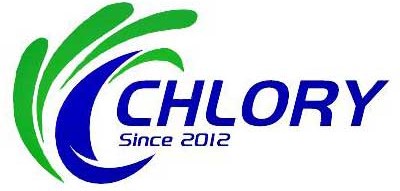Against the backdrop of the growing global demand for water treatment and disinfection, electro-chlorination technology, as an efficient and environmentally friendly solution, is gradually being widely adopted around the world.
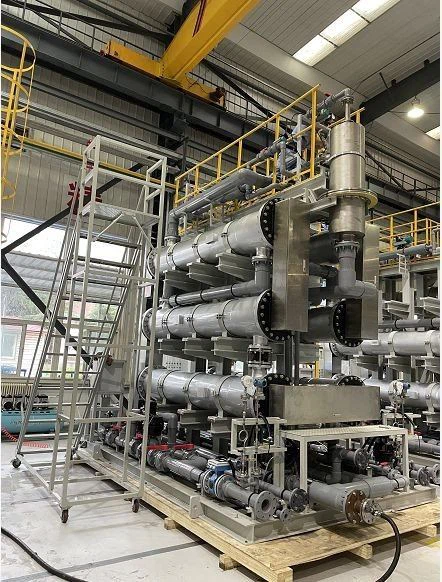
Algeria, a country located in northern Africa, is no exception. Due to its unique geographical environment and development needs, the electro-chlorination technology of Chlory Company demonstrates enormous application potential and broad market prospects in Algeria.
Principles and Advantages of Electro-chlorination Technology
Electro-chlorination technology generates sodium hypochlorite or chlorine gas through electrochemical processes to achieve disinfection and water purification. In an electro-chlorination system, salt and water are introduced into the electrolytic cell.
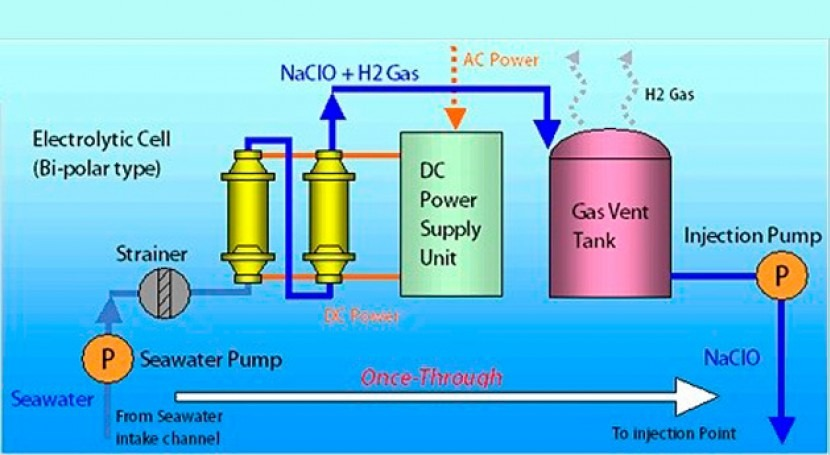
When an electric current is applied, the chloride ions in the salt are converted into hypochlorite ions or chlorine gas, which are powerful disinfectants. Compared with traditional water treatment technologies, electro-chlorination technology offers several significant advantages.
Outstanding Environmental Friendliness
Traditional water treatment methods often require the use and storage of large amounts of hazardous chlorine-containing chemicals. In contrast, electro-chlorination technology can generate disinfectants on-site, reducing safety risks during transportation and storage and minimizing potential harm to the environment. In a country like Algeria, which attaches great importance to sustainable development, this environmental feature is particularly crucial. For example, in some water treatment projects in coastal areas, electro-chlorination technology prevents leakage risks that may occur during the transportation of traditional chemicals, thus protecting the marine ecological environment.
High-efficiency Pathogen Elimination
Electro-chlorination technology can efficiently eliminate bacteria, viruses, and other pathogens, ensuring the safety and quality of drinking water and wastewater treatment. In Algeria, with the acceleration of population growth and urbanization, the demand for safe drinking water is becoming increasingly urgent. Electro-chlorination technology can effectively address this challenge, providing residents with clean and safe drinking water. For instance, in the water supply systems of some cities, after adopting electro-chlorination technology, water quality has been significantly improved, reducing the risk of residents contracting water-borne diseases.
Cost-effectiveness
In the long run, the operation cost of electro-chlorination technology is relatively low. Although the initial investment in equipment may be high, due to reduced reliance on external chemicals and a high degree of system automation, labor costs and subsequent maintenance costs can be lowered. In the industrial sector of Algeria, many enterprises use electro-chlorination technology for wastewater treatment, not only meeting environmental protection regulations but also saving costs to a certain extent.
Current Demand Situation in Algeria
Large-scale Advancement of Seawater Desalination Projects
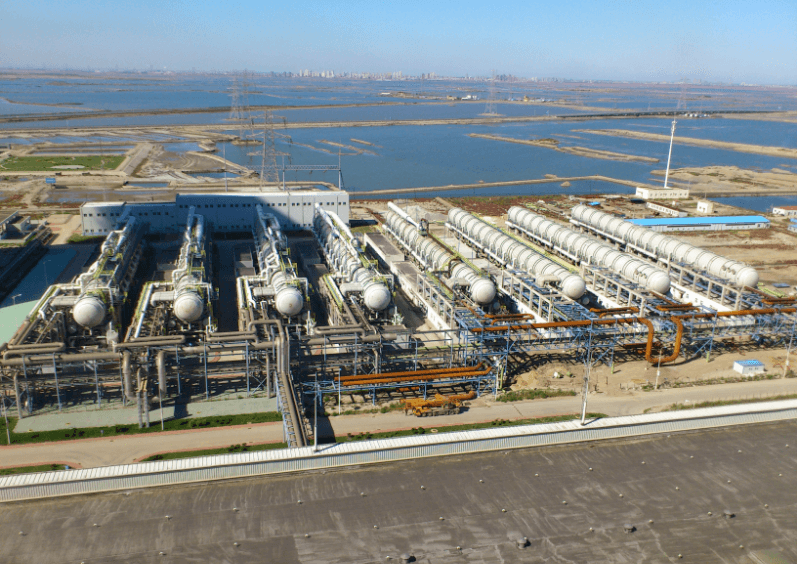
Algeria is vigorously developing seawater desalination projects to address water scarcity. The country has a long coastline, abundant seawater resources, but scarce freshwater resources. To meet the growing domestic water demand, Algeria plans to build several large-scale seawater desalination plants. After seawater desalination, the water needs to undergo strict disinfection treatment to meet drinking standards, providing broad application space for electro-chlorination technology. For example, the 300,000-ton seawater desalination project in Oran, contracted by Chinese enterprises, requires advanced disinfection technology to ensure the quality of desalinated water, making electro-chlorination technology one of the ideal choices.
Demands for Municipal Water Supply and Sewage Treatment
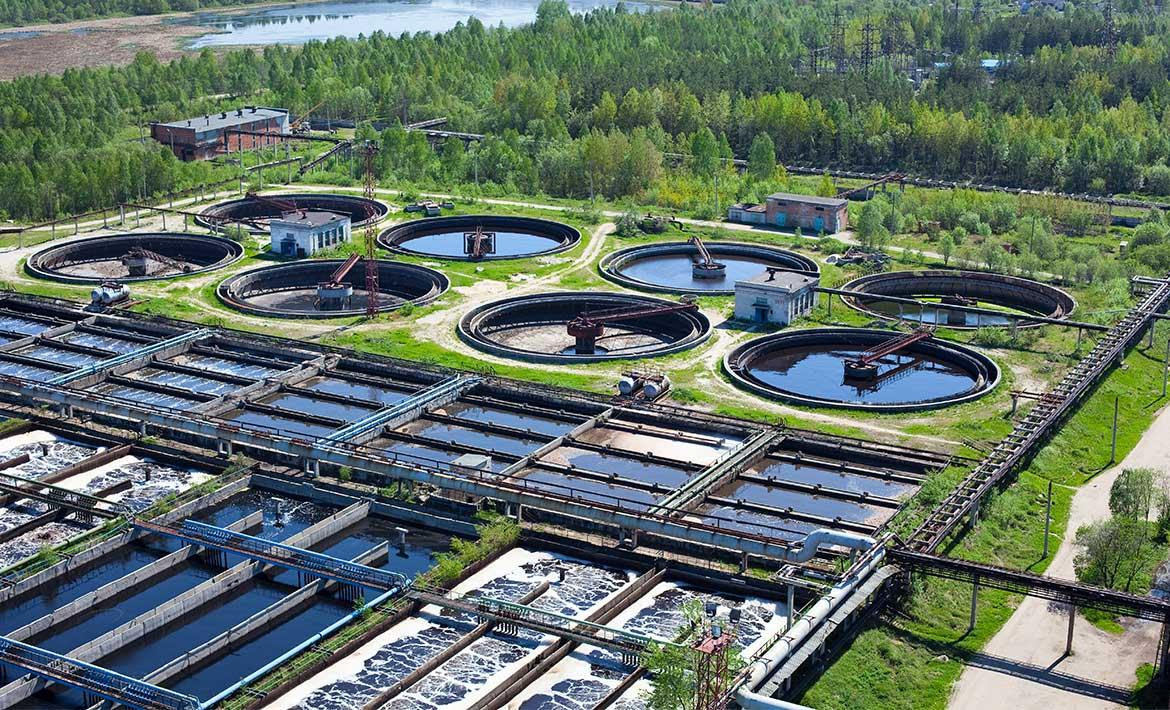
With the development of urbanization, the urban population in Algeria is increasing, and the requirements for municipal water supply and sewage treatment are also getting higher. Municipal water supply needs to ensure water quality safety, and sewage treatment needs to meet environmental protection discharge standards. Electro-chlorination technology can play an important role in both aspects. In the water supply process, it can disinfect raw water and remove pathogens in the water; in the sewage treatment process, it can degrade stubborn compounds in wastewater and inactivate pathogenic microorganisms, helping urban sewage treatment plants achieve compliance with discharge standards.
Improved Requirements for Water Treatment in Industrial Development
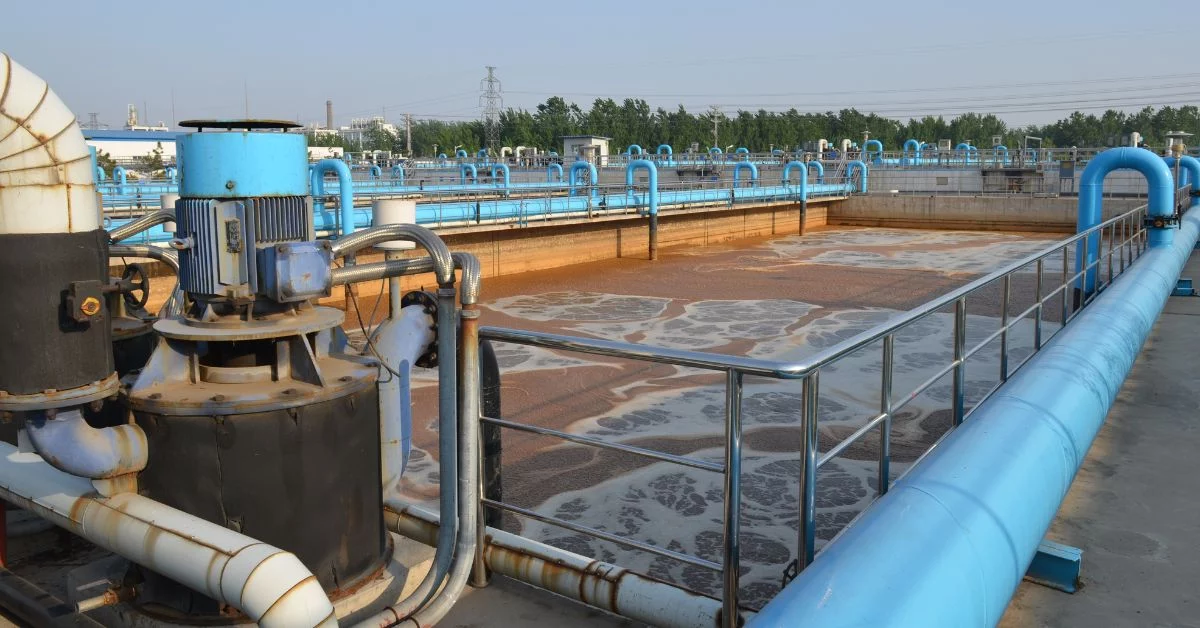
Algeria's industry is in a stage of rapid development, and a large amount of industrial wastewater generated by industries such as chemical and manufacturing needs to be effectively treated. On the one hand, enterprises need to meet increasingly strict environmental protection regulations; on the other hand, if the treated wastewater can be recycled, it can save water resources and reduce production costs. Electro-chlorination technology can effectively remove organic matter, microorganisms, nitrogen, phosphorus, and other pollutants in industrial wastewater, assisting industrial enterprises in achieving sustainable development. For example, in some petrochemical enterprises, electro-chlorination technology is used to treat oily wastewater, achieving good results.
Application Areas of Electro-chlorination Technology in Algeria
Drinking Water Treatment

In the field of drinking water treatment in Algeria, electro-chlorination technology plays a key role. Whether in urban water supply systems or small water supply facilities in remote areas, electro-chlorination technology can provide reliable disinfection guarantees. By installing electro-chlorination systems at water sources or water plants, raw water can be disinfected to ensure that residents have access to safe drinking water. In some rural areas, due to relatively weak infrastructure, traditional water treatment methods are difficult to implement. However, the modular and portable characteristics of electro-chlorination technology enable it to meet the needs of these areas, providing rural residents with clean drinking water.
Seawater Desalination
Seawater desalination is an important measure for Algeria to solve water scarcity, and electro-chlorination technology is indispensable in this process. During seawater desalination, electro-chlorination technology can be used in the pretreatment stage to prevent the attachment and growth of marine organisms inside the equipment, which may affect the desalination efficiency. After desalinated water is produced, it can also be disinfected to ensure that the water quality meets drinking standards. Electro-chlorination systems have been widely applied in multiple seawater desalination plants along the Algerian coast, effectively improving the quality and stability of seawater desalination.
Industrial Wastewater Treatment
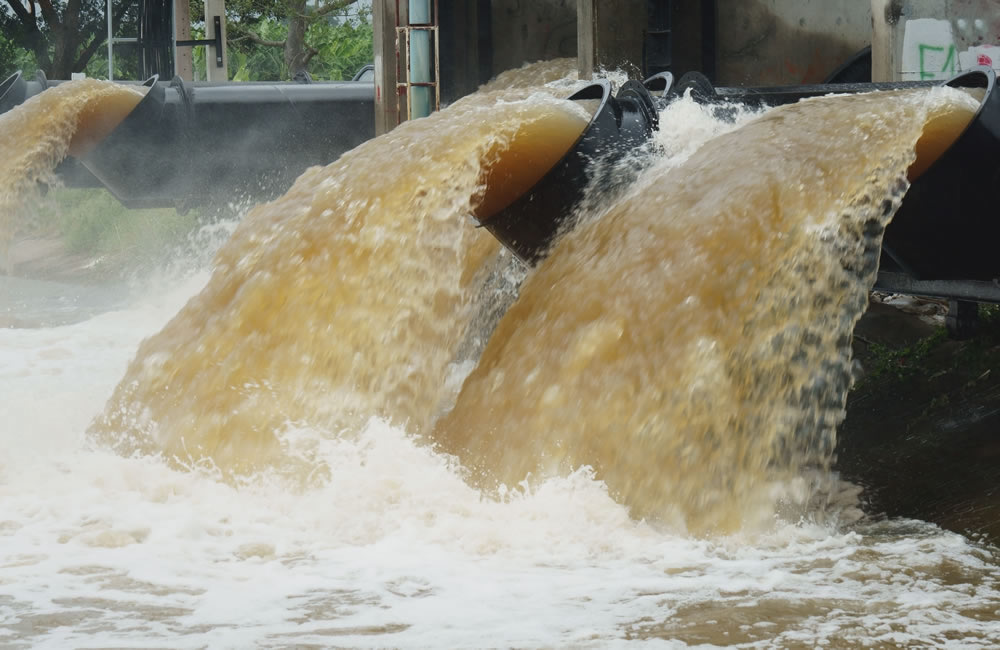
Industrial wastewater treatment is an important issue in the industrial development of Algeria. Electro-chlorination technology can conduct targeted treatment according to the characteristics of different industrial wastewater. In the treatment of chemical wastewater, it can degrade organic pollutants in the wastewater; in the treatment of metal processing wastewater, it can remove heavy metal ions, etc. By adopting electro-chlorination technology, industrial enterprises can achieve compliant wastewater discharge, reduce environmental pollution, and at the same time, realize the recycling of some wastewater, improving the utilization rate of water resources.
Oil and Gas Industry
Algeria is an important oil and gas producer, and the oil and gas industry occupies a significant position in its economy. In offshore oil and gas production platforms, the seawater cooling system is vulnerable to biofouling, reducing the operating efficiency of the equipment. Electro-chlorination technology can continuously generate chlorine gas to inhibit the growth and attachment of microorganisms, preventing the accumulation of biofouling in seawater cooling equipment and ensuring the efficient and stable operation of the equipment. This not only helps improve oil and gas production efficiency but also reduces equipment maintenance costs and downtime.
Market Prospects and Challenges
Broad Market Prospects
With the increasing emphasis on water treatment in Algeria and the growing strictness of environmental protection regulations, the market demand for electro-chlorination technology is expected to continue to grow. In the future, in addition to the existing application areas such as drinking water treatment, seawater desalination, industrial wastewater treatment, and the oil and gas industry, electro-chlorination technology may also expand to areas such as agricultural irrigation water treatment and landscape water body maintenance. It is expected that in the next few years, Algeria's investment in electro-chlorination systems will continue to increase, and the market scale will gradually expand.
Faced Challenges
Despite the good application prospects of electro-chlorination technology in Algeria, it also faces some challenges. Firstly, the technical cost is relatively high. Electro-chlorination systems usually require expensive equipment and materials, including electrolytic cells, electrodes, electrolytes, and control systems, which may limit the investment and adoption of some small enterprises and economically backward areas. Secondly, in terms of operating costs, in addition to equipment costs, the operation of electro-chlorination systems also consumes a large amount of electricity, and electrode maintenance and electrolyte replacement also incur certain expenses, which may discourage some users. In addition, the electro-chlorination process involves the use of chemicals such as chlorine gas or sodium hypochlorite, which may pose threats to operators and the environment in case of improper operation. Therefore, strict safety measures and professional operators are required, increasing the complexity and cost of operation.
Conclusion
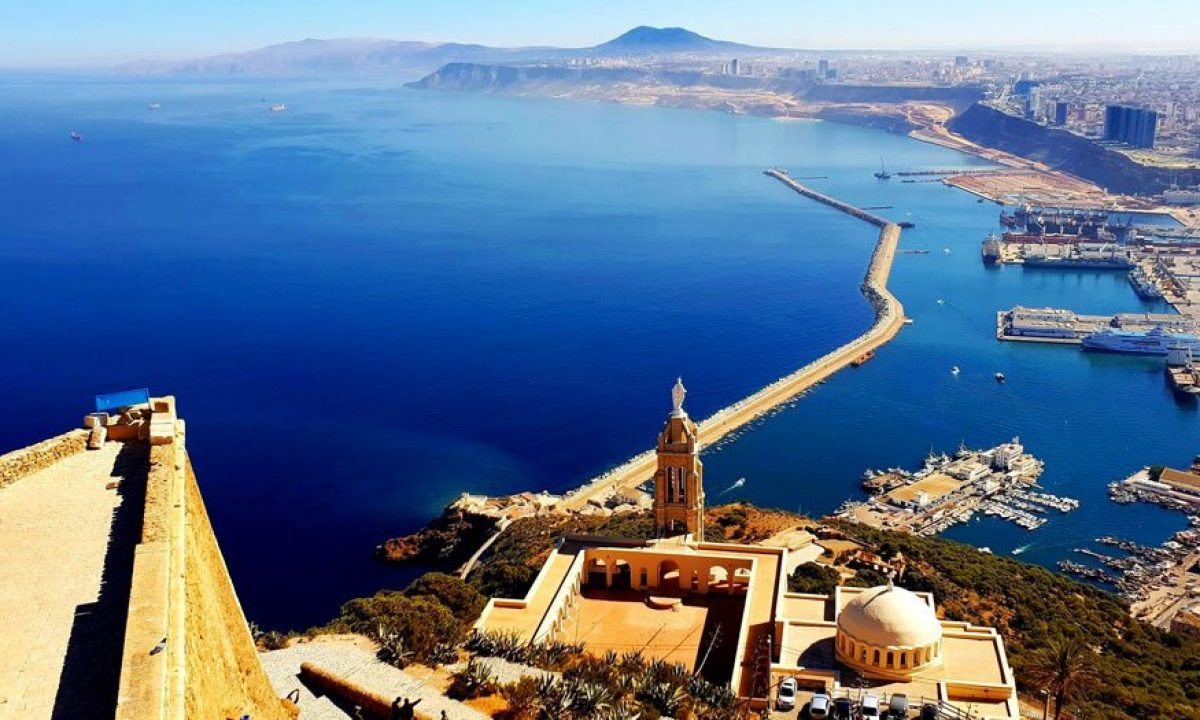
With its advantages of environmental friendliness, high efficiency, and economy, electro-chlorination technology demonstrates enormous application potential in the field of water treatment in Algeria. Whether in meeting the demand for seawater desalination, improving the level of municipal water supply and sewage treatment, or assisting industrial development, electro-chlorination technology can play an important role. Chlory Company has been committed to the development and research of electro-chlorination technology. Although facing some challenges, with the continuous progress of technology and the gradual maturity of the market, electro-chlorination technology is expected to be more widely applied in Algeria, providing strong support for the country's sustainable development. For relevant enterprises and investors, the application market of electro-chlorination technology in Algeria contains huge business opportunities and is worthy of further attention and exploration.
